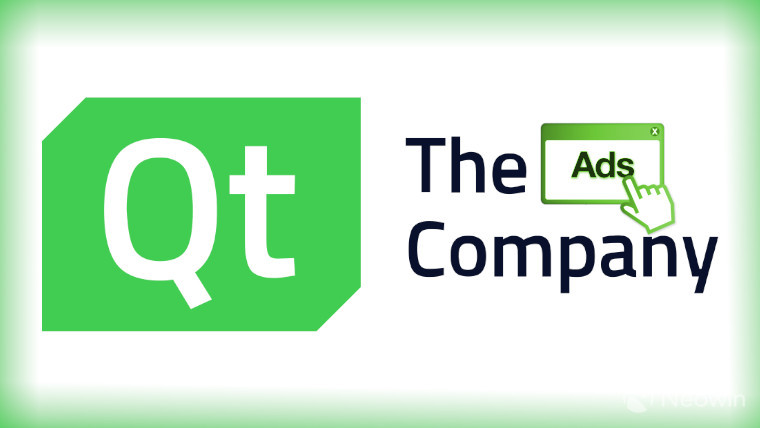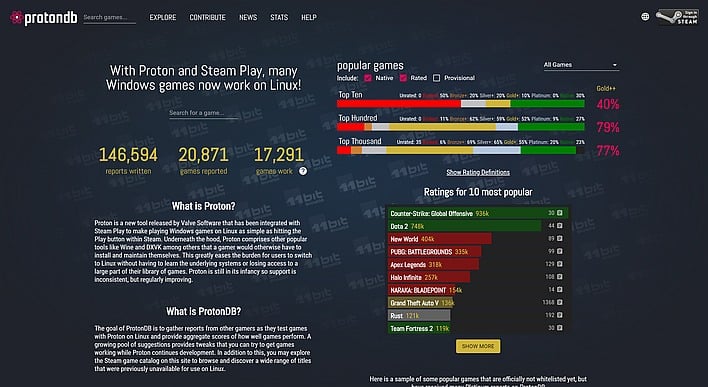Nonsense video, underlying problem is monopolies and private companies who develop the standards, not what browser you use.
If the standards are fully open, transparent and not concerning then it would make no difference if you use chrome and firefox because everyone would use same basis.
Also chromium team is not purchased or owned by Google, most volunteers are normal people, developers or security researchers that code on it in their free time. You can fork, modify the source as you please but that does not change the argumentation about web standards and how build or control them.























No it is not, this is a myth. As you also can use free software on closed OS, which happens to be the standard. Keyword Microsoft and Windows. You also can choose to not support this, it is you and not the monopoly. If there is no alternative that is usable, people continue to use what they got. It is the underlying problem, Firefox is so bad and so unusable by default, so people switch or use something else. Nothing to do with Monopoly. The standards itself are created and dictated by monopolies, so it plays no role what you use if it anyway ends up that you must support such standards.
The point is that user generated or govt establish frameworks can b used as basis.Its useless if you build a browser surrounded by standards created by Microsoft, IBM etc alone.
This is already the case, you can choose not to use FLoC. Nothing changes here.
Please learn the difference between Browser engine and web standards, nonsense you talk here. Your Browser engine can adopt, implement or reject standards. Irrelevant in dyding discussion anyway since you provide absolute no solutions yourself in the discussion here, like everyone else people feeding off my ideas, practical in every thread. That you cannot continue is clear, web gives a shit about Mozilla, clearly the case. Some people hold together by hopes and delusions do not represent the web. Never did.
The discussion here is not about Browser you use, as people use whatever works best for them, and not what implements xyz, this is clearly shown in practical every thread. So enforcing your ideas will not work for the mass, better way around is to create open frameworks, documents that are actually usable and directly easily reviewable because at the end of the day your Browser runs pretty much on Android and iOS and not a open system. There exist open alternatives but they are not well funded, future unclear and the web - the main user - does not use it, they trust big corpos, they rely on their eco-system. Like Mozilla relies on money from yahoo, google etc in the past. Corpos you shit-talk.